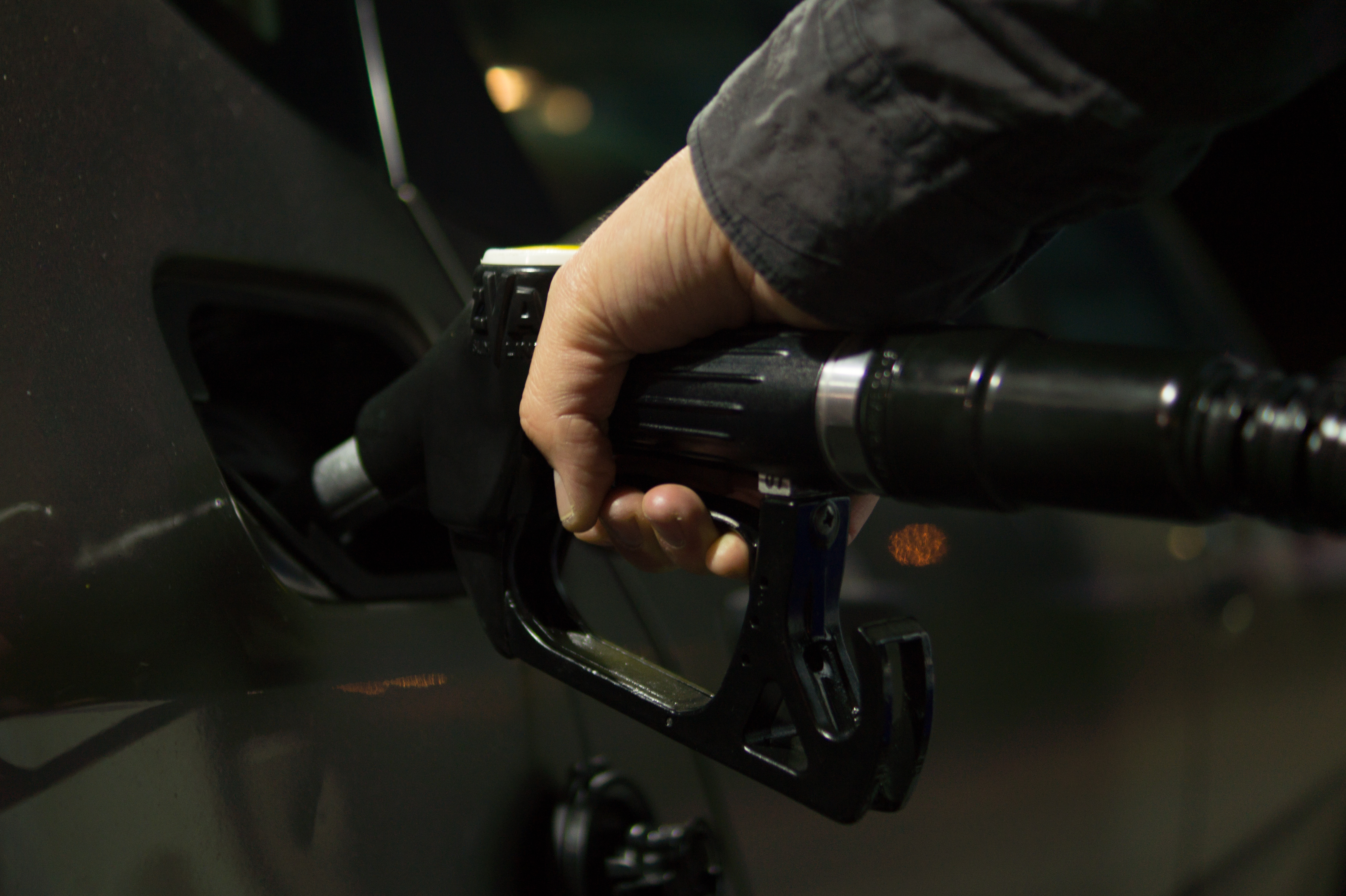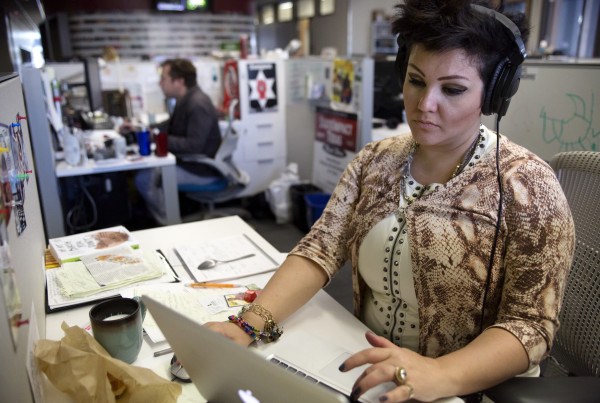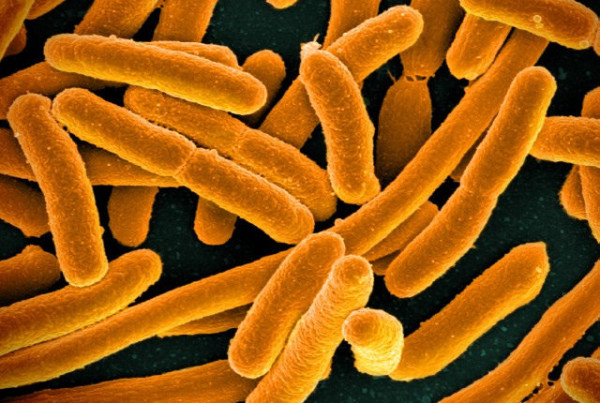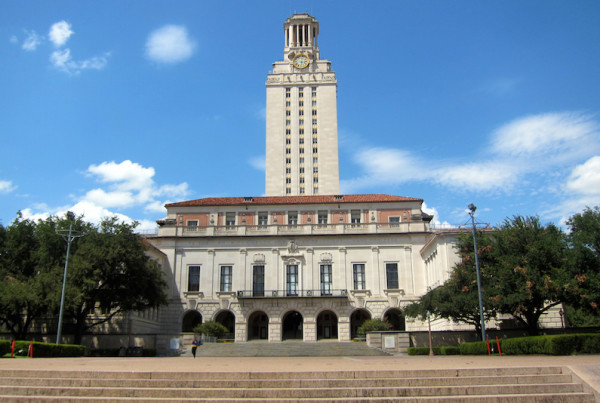A little birdie just told me Texans are not walking as much as they should. No, I’m not talking about our collective failed New Year’s resolutions. For example, I picked up my mail from my mailbox and then drove down the street to my house the other day.
“When energy prices are low, we get lazy about all these things,” says Michael Webber.
Did he just call me lazy? He does know a thing or two about energy, since he’s with the University of Texas at Austin’s Energy Institute.
“Low energy prices sometimes make us lazy in a few different ways,” Webber says. “One, we are less likely to walk or ride a bike to work. We are more likely to drive.”
OK, Webber’s not getting too personal, here. But taken together, it’s all the ways we’re changing our routines that are adding up.
There are many more drivers on the roads enjoying today’s low gas prices. So many that last week a trade publication reported on the bike-friendly Austin market seeing a wave of bicycle store closures – three in the last month – blamed mostly on cheaper gas.
Ting Pen, a finance researcher from valuepenguin.com says she’s seen the data that backs up what Webber’s saying.
“For example, last quarter and the last half of the year, gas prices dropped a lot and so it was cheaper – relatively speaking – for consumers to drive out on the roads,” Pen says. “The more consumers you have out on the roads, the more possibilities there are for accidents. So, last half of the year, auto insurance companies actually did experience an increase in claims.”
But that’s not all.
Another way we get lazy, Webber says, has to do with recycling. Not just whether we toss recyclables in the right bin, but whether major companies stop doing their part on the other end of the recycling equation.
Luis Mitre’s company, based in Monterrey, Mexico, specializes in harvesting consumer plastics, and converting them into reusable plastic sheets.
He says that the recycling world is undergoing a tremendous crisis right now. The crisis, he says, stems from the low oil prices we’re experiencing, because recycled plastics are priced in relationship to oil prices.
“So what happens is that for Coca-Cola and other big companies, the resin – the virgin plastic made from oil – might cost, say, 28 cents per unit, while the recycled plastic costs 26 cents – only a few cents cheaper,” Mitre says in Spanish. “But then after the recycled stuff is washed, chopped into little pieces, melted and made into new plastic – it gets way more expensive than virgin plastic. Economics.”
But here’s another way cheap energy’s changing us. As UT’s Michael Webber might put it, we switch off that part of the brain that tells us to do little things like switch off the lights.
“And so, low energy prices really don’t encourage conservation the way high prices do,” Webber says.
Starting to click yet? A little lightbulb going on? If you’re anything like me, maybe it’s your conscience saying one thing, while your wallet says another. Maybe I should pump up those bicycle tires.















